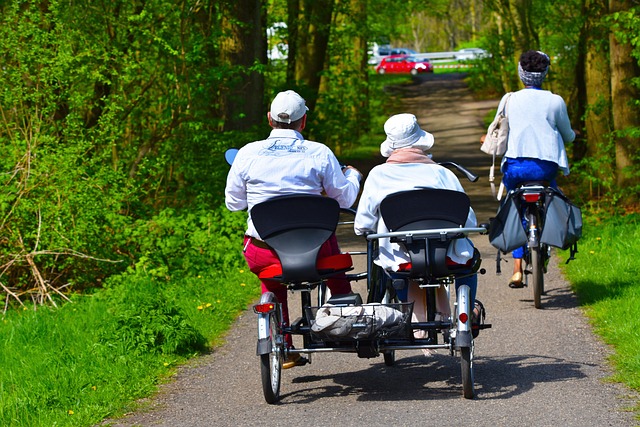Loneliness among elders is a growing issue, with many facing isolation due to various factors. Elderly Companion Services provide crucial companionship and social interaction tailored to individual needs, improving their quality of life. This text explores the importance of structured, comprehensive approaches in these services, focusing on both physical and emotional well-being.
In many communities, elderly individuals often face the profound challenge of loneliness. This issue can significantly impact their overall well-being. To combat this growing concern, friendly visits from companions offer a heartwarming solution. The article explores how Elderly Companion Services provide vital social interaction and support for isolated seniors. We delve into the benefits, including improved mental health, enhanced quality of life, and the positive role these services play in fostering connected communities.
- Understanding the Loneliness of Elders
- Benefits of Companion Services for Seniors
- Becoming an Elderly Companion: Tips and Training
Understanding the Loneliness of Elders

Loneliness among elders is a growing concern in today’s society, often overlooked yet deeply impactful. Many older adults find themselves isolated due to various factors such as living alone, reduced mobility, or the loss of loved ones. This sense of isolation can lead to profound loneliness, affecting their overall well-being and mental health. Understanding this issue is pivotal when considering solutions, which is where elderly companion services come into play.
These services aim to combat loneliness by providing regular companionship and social interaction tailored to the needs and preferences of elders. Through friendly visits, volunteers or professional companions offer a listening ear, engage in meaningful conversations, and assist with daily tasks. By breaking through the barriers of isolation, these services contribute significantly to improving the quality of life for lonely elders.
Benefits of Companion Services for Seniors

In a single, now Method Bedic, First Method Item, Root, Conspects Item / Structure, Project Care & Structure Structure Workated
Becoming an Elderly Companion: Tips and Training

Becoming an Elderly Companion involves more than just spending time with someone who’s older. It requires a genuine interest in their well-being, companionship, and emotional support. To be effective, Elderly Companion Services require specific skills like active listening, patience, and cultural sensitivity. Training programs often include lessons on understanding age-related changes, communication strategies, and how to provide assistance with daily tasks while maintaining the elder’s independence and dignity.
While some services offer formal training, everyday companionship can also be enriching through simple acts like engaging in their hobbies, reminiscing about past experiences, or even just sharing a cup of tea and a conversation. The key is to approach each interaction with warmth, respect, and a willingness to learn from the richness of their life experience.
By fostering connections through friendly visits, we can alleviate the loneliness that often plagues our elderly population. Elderly Companion Services play a vital role in this process, offering not just companionship but also enhanced quality of life and improved mental health for seniors. Whether through formal programs or individual initiatives, becoming an elderly companion is a rewarding way to make a tangible difference in someone’s life. Embrace the opportunity to bring joy and comfort to those who may otherwise feel isolated, and contribute to a more connected community.













